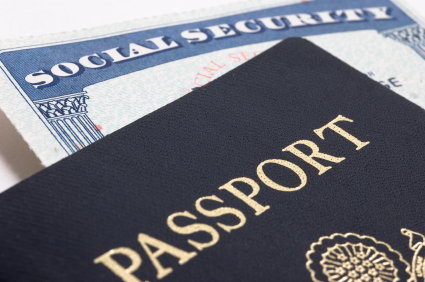On Monday, a federal judge in Texas temporarily blocked President Obama’s November 20, 2014 executive actions on immigration reform. In a suit filed by 26 states, U.S. District Judge Andrew S. Hanen said there was sufficient merit to warrant a suspension of the new program while the case goes forward. Judge Hanen based his temporary injunction on his belief that the administration did not comply with the Administrative Procedure Act’s provisions on “notice and comment.” He said the case should go forward rather than be thrown out, as the administration has urged.
The court’s decision will delay the application process under President Obama’s executive actions. Among these executive actions are the Deferred Action for Parents of Americans and Lawful Permanent Residents (DAPA) and expanded Deferred Action for Childhood Arrivals (DACA).
DACA, which began implementation in 2012 and its expanded coverage under the November 2014 executive action, allows young immigrants who arrived as children but are now here legally to apply for a deportation deferral. About 700,000 people who already have benefited from the 2012 program, and they will not be affected by the ruling. As many as 5 million undocumented immigrants were said to be potentially eligible to benefit from all of President Obama’s executive actions.
In a statement issued by DHS Secretary Jeh C. Johnson yesterday, Sec. Johnson said that he strongly disagrees with Judge Hansen’s decision to temporarily enjoin implementation of DAPA and DACA and that the Department of Justice will appeal that temporary injunction. However, DHS will comply with it. Thus, DHS will not begin accepting requests for the expansion of DACA tomorrow, February 18, as originally planned.
Sec. Johnson’s statement also clarifies that the Court’s order does not affect the existing DACA. Individuals may continue to come forward and request initial grant of DACA or renewal of DACA pursuant to the guidelines established in 2012. Also, the order does not affect the DHS’ ability to set and implement enforcement priorities, particularly those set under the November 20, 2014 memorandum entitled “Policies for the Apprehension, Detention and Removal of Undocumented Immigrants”. Under this Memorandum, pursuant to the DHS’ enforcement priorities, the DHS will continue to prioritize public safety, national security, and border security.
Source: “Court issues injunction against administration’s immigration policies”, Washington Post, 2/17/2015, by Jonathan Adler; Statement of Sec. Jehn C. Johnson, www.uscis.gov; “

